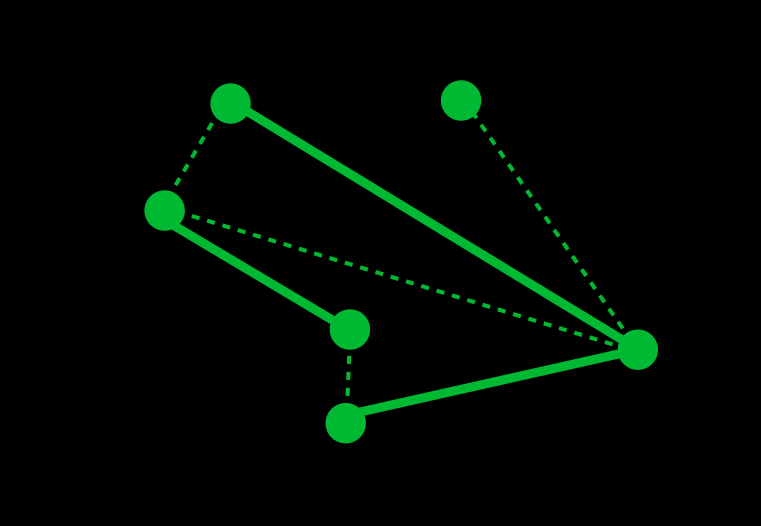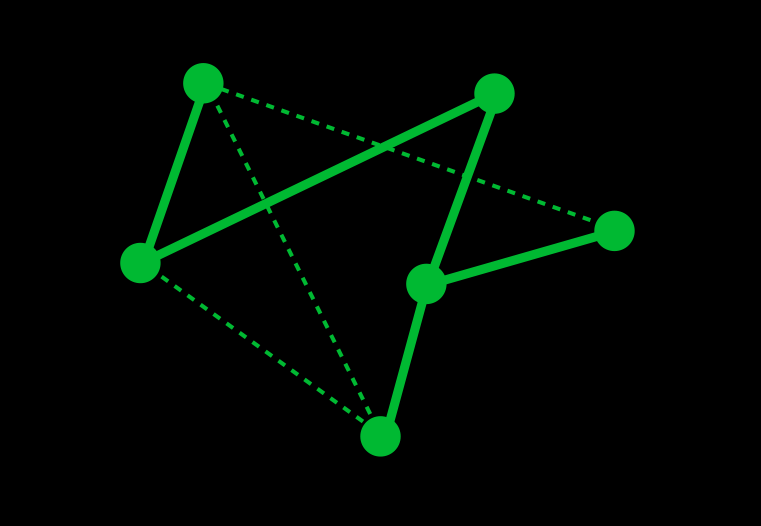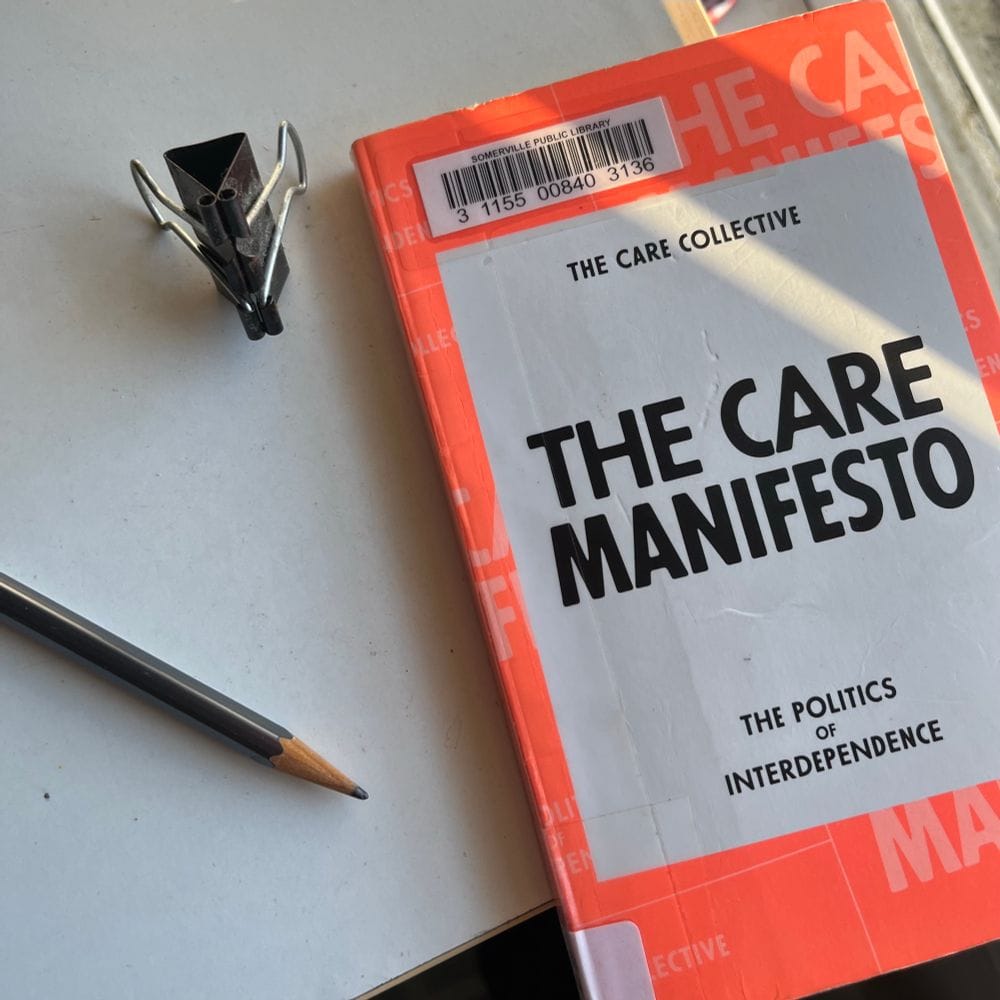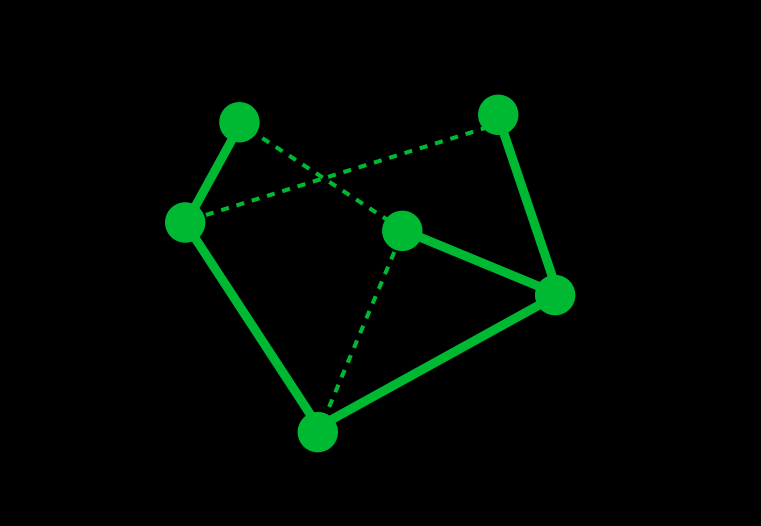Notebook from May
Contains: notes from David Graeber & David Wengrow, Samuel Delany, Kim Stanley Robinson, Annemarie Mol, Quinn Slobodian and Paul Gilroy
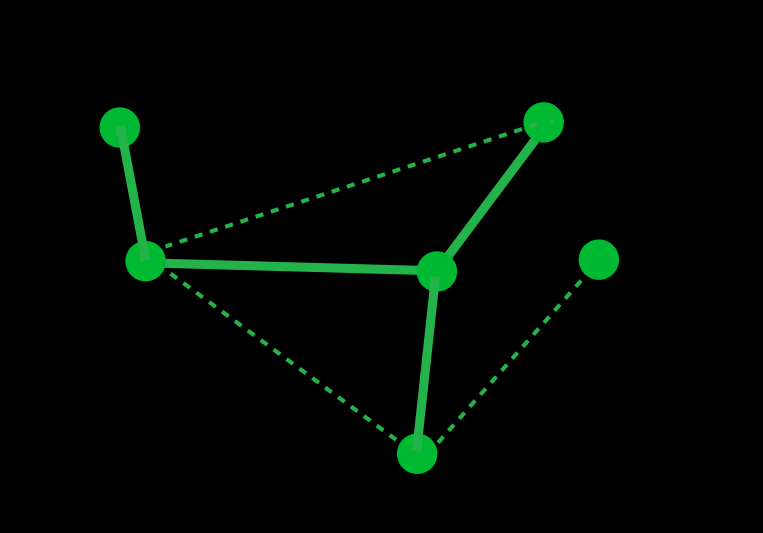
Oldest to newest:
1. Magic Farm
2. Urban life does not inherently create social classes
3. Strong social ties vs. close biological kinship
5. The small social world of the urbanite
6. Cities and amicable relations among strangers
8. Mega-sites
9. Egalitarian organization on an urban scale
10. Women in early Mesopotamia
11. Carel Blotkamp and "old-age style"
12. The neoliberal pushback to social equality
14. Alternative for Germany [AfD]
15. Haruomi Hosono
16. John Bevis' "A Surrey Naturalist"
17. Pauline Oliveros’ Tuning Meditation[X]
18. Solidarity, fear, and experience
20. Uruk and writing
22. Sumerian conceptualization of work
23. An inner life in two details
25. A formula for economic characterization
26. Sumerian production and standardization
27. Heroic societies / warrior aristocracies
28. Proving the existence of self-governance
29. Caste hierarchies with egalitarian governance
30. Collective governance of complex infrastructure
32. Pre-Shang China
33. Political revolutions in prehistory
34. John Warner's "More Than Words"
35. Charles Simmons, "Wrinkles"
37. Walter Pater's aesthetic project
38. Delany's list of "serious criticism of comics"
39. Publishing and anti-Semitism
40. Spivak's "text"
42. Language, subject position, and meaning
43. Yvor Winter, American poetry, and the imagination
44. Delany on working with the imagination
45. Delany's "Dark Reflections"
46. Delany on structure, content, and form
47. Christopher Isherwood's "A Single Man"
49. Delany on Michael Cunningham
51. Plato and change
54. Size and scale in medical ontology
55. The normal and the pathological
57. Foucault on the normal and the pathological
58. Where an organism begins and ends
59. Cultural hygiene
60. The institutionalization of ethnic identity
62. Networks and regions in geography
63. Networks and practices in science
64. Objects, practices, and reality
65. Biological facts vs. social events
66. Donna Haraway's "Primate Visions"
68. "The practices forcing an object to speak"
69. Diagnosing, intervening, and enactment
70. Mol on "the effects of writing styles"
71. Epstein's "Impure Science"
72. David Armstrong's "Political Anatomy of the Body"
73. Edward Soja's "Postmodern Geographies"
74. "The critical ontology of ourselves"
75. John Law and Annemarie Mol
76. The royalties for "being oneself"
77. Kim Stanley Robinson on worker-owned companies
78. Kim Stanley Robinson on occupation
80. The nationalization of banks
81. People fighting for the good
82. Gotterdammerung capitalism
85. The cost of losing the biosphere
86. Cognitive errors around capitalism
88. Ellen Arkbro's "Night Clouds"
89. "Geoengineering is no longer a useful word"
90. Forcing the hand of the market
94. The pawnshop
95. The power of a thousand people
96. "Public utility districts"
97. Methods of capitalist breakdown
100. On Switzerland
101. Key methods of carbon draw-down
102. Good projects for the future
103. Europe's collective histor
